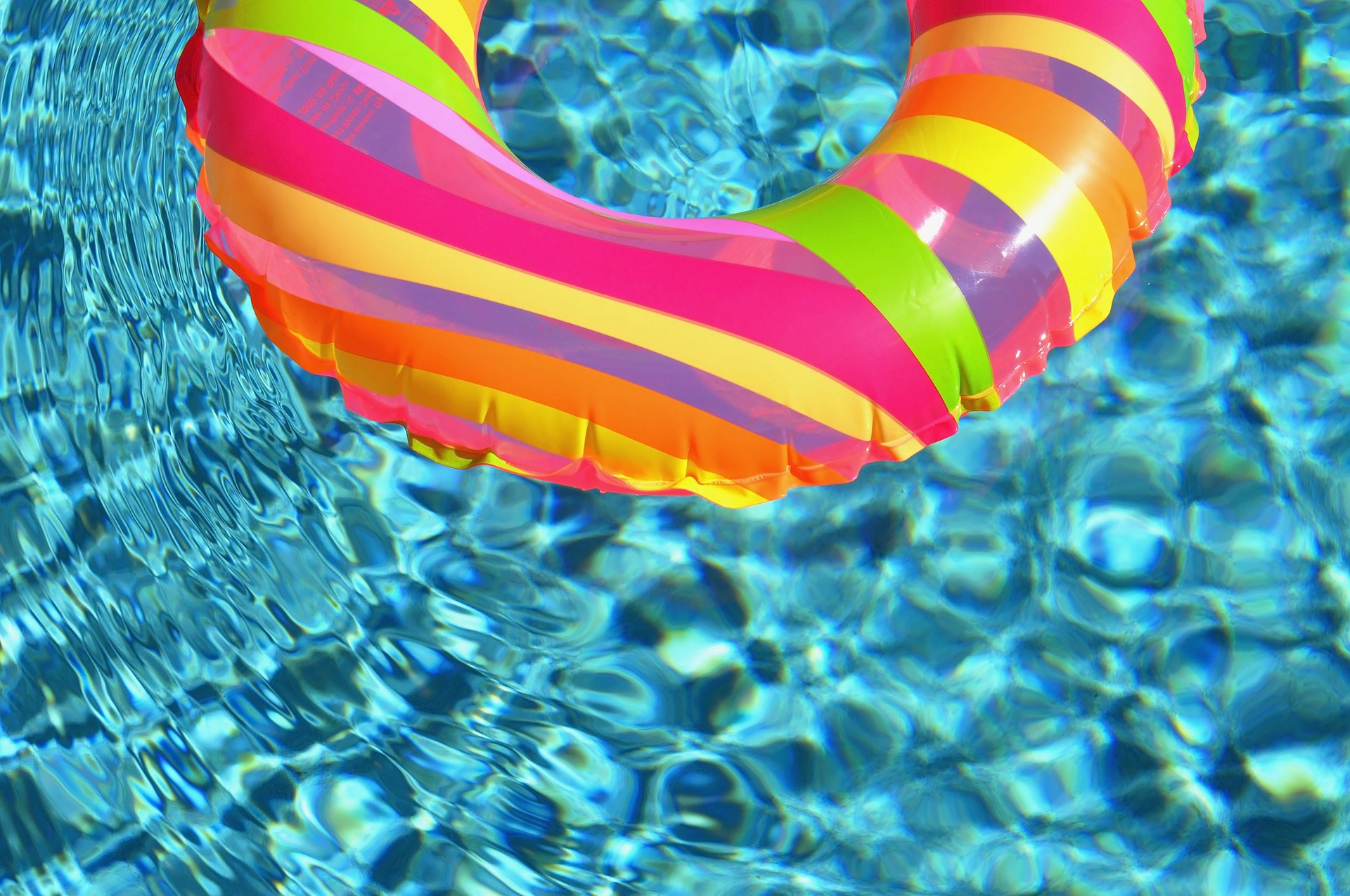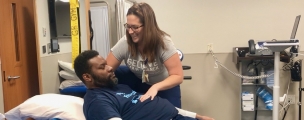Pools and spas are not considered dangerous, yet lack of proper precautions or available safety products can create hazardous conditions. Drowning can occur in a split second to people of all ages and swimming ability. Spinal injuries continue to happen from improper diving.
National Spa & Pool Institute (NSPI) statistics have shown that drowning and swimming accidents are best prevented by adult supervision, water safety training programs for young children, and refraining from alcohol while swimming, diving, or soaking. Most accidents involving children younger than 5 years of age occur due to lack of supervision, inability to swim, and falls into a pool or pool cover with water on top. Barriers such as fences or back doors are often left unlocked, becoming a welcome door for curious children. Remember that small children and animals can drown in as little as a few inches of water. In addition, a child can drown in the time it takes to answer a phone. Statistically, 75% of victims had been missing from sight for 5 minutes or less.
If you have a pool, insist on the following rules:
- No diving in a pool that is not deep enough.
- No running on the pool deck.
- No electrical appliances near the pool.
- No tricycles or other riding toys should be in the pool area.
- Empty blow-up pools after each use.
- Keep toys away from the pool when it is not in use.
- Ensure that your pool is in clear view from your house, and not obstructed by plants, canopies, or other decorative accessories.
- Learn CPR.
- Have your children take swimming lessons at an early age.
To prevent small children from entering the pool area on their own, pool fences should completely surround the pool and be locked when the pool is not in use. Fences should be at least 4 feet high and be climb-resistant. Do not have anything alongside the fence, such as lawn furniture that could be used as a climbing tool to get into the pool area.
In addition to drowning, serious spinal cord injuries, brain damage, and death can occur to swimmers who dive into shallow water or spring too high upward on a diving board and then hit it on the way down. Accidental injuries in the adolescent group (primarily males) typically involve alcohol and diving into pools that are too shallow. Always keep safe by following these common-sense diving rules:
- Check how deep the water is. Enter the water feet first, especially if going in for the first time.
- Never dive into above ground pools, as they are usually not deep enough.
- Never dive into the shallow end of a pool or other body of water.
- Never dive through inner tubes or other pool toys.
- Learn proper diving skills by taking appropriate classes.
- Inspect the diving board, the stand, and hardware for signs of age, cracking or rust.
- If a diving board is too large for the length and depth of the pool (found on many older pools), then be safe and have it removed.
- Do not allow drinking and diving!
Swimming is always an enjoyable pastime in the hot summer months. Heightened awareness and old-fashioned common sense can ensure both safety and enjoyment at the same time!







